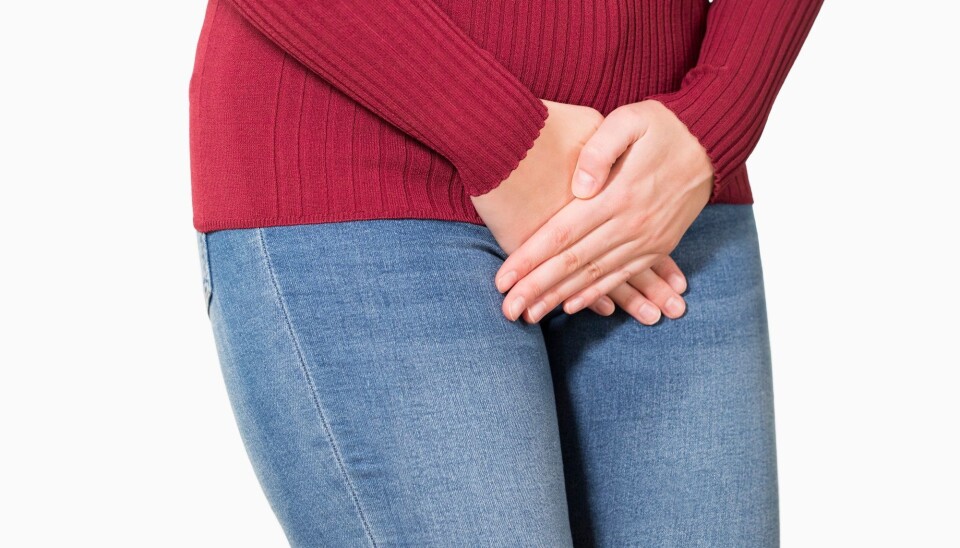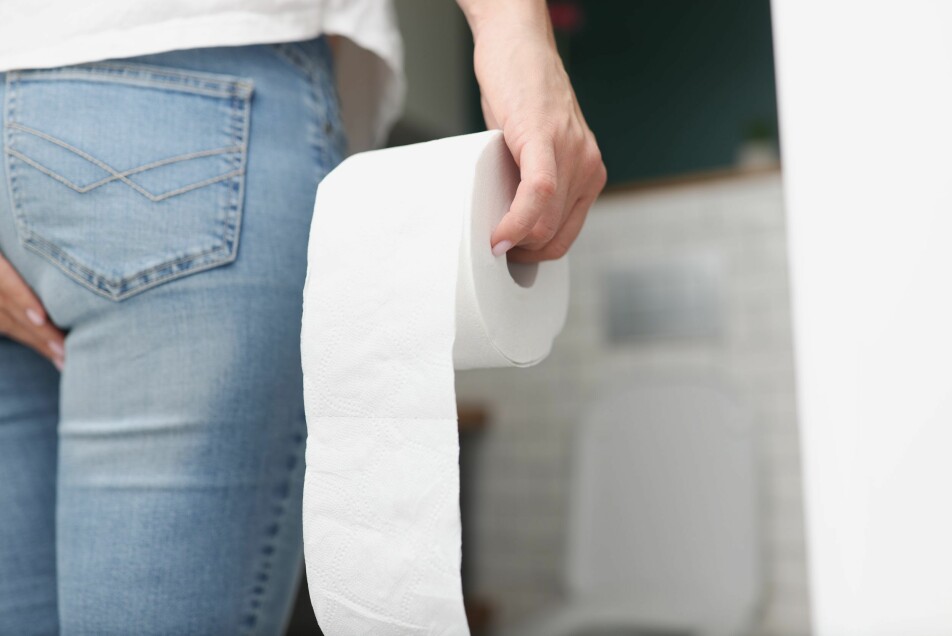
Women who struggle with urinary incontinence are more likely to experience anxiety and depression
A study of Norwegian women suggests there may be a common underlying connection.
Women with urinary incontinence more often suffer with anxiety and depression.
Gunhild Felde, a researcher and family physician has investigated this connection in three studies for her doctoral dissertation. She worked with two other researchers, all from the University of Bergen.
One of the studies, in which women were followed for ten years as part of the Trøndelag Health Study (HUNT), indicates that the risk of getting anxiety and depression increased if the women had urinary incontinence.
But the connection was stronger the other way — that is, between having anxiety and depression and experiencing incontinence over time, according to Dagens Medisin, a Norwegian trade publication for medical professionals.
“This strengthens the idea of an underlying biological connection between the conditions,” Felde said to the publication.
Nearly one in three women had urinary incontinence
In an analysis based on more than 23,000 answers to questions about anxiety, depression and urinary incontinence, among other things, as many as 29 per cent of respondents reported urinary incontinence.
The lowest percentage, 23 per cent, was among women aged 20 to 40, while almost every third woman aged 55 and over experienced the problem.
Twelve per cent of all women had severe urinary incontinence. Among those aged 55 and over, this was true for almost every fifth woman.
This study was based on information from the HUNT database. And urinary incontinence often coincides with having anxiety and depression.
Relationship with anxiety and depression
Almost half of the women who had moderate or severe symptoms of anxiety and depression also reported urinary incontinence.
Of those who had normal or mild levels of these mental afflictions, 28 per cent reported urinary incontinence.
Taken together, the analyses suggest that anxiety and depression are linked to incontinence in women, according to the study published in the journal BMC Psychiatry.
Additionally, medications such as antidepressants in themselves appear to be linked to urinary incontinence.
Severe symptoms, stronger connection
The researchers also looked at what happened to study participants over a ten-year period.
Among other things, they saw that women aged 55 and over who had severe depression to begin with were three times more likely to develop incontinence than women without depression.
Studies suggest that the more severe anxiety and depression a woman has, the higher the risk of urinary incontinence — and vice versa.
“It’s easy to think that severe urinary incontinence can make you more depressed and anxious. Our long-term study confirms that this is true, but it showed an even stronger connection between having anxiety and depression and developing urinary incontinence over time,” Felde told Utposten, a trade magazine for general practitioners and community medicine, which first described her research.

An underlying common connection
There is good evidence of a neurohormonal connection between these conditions, Felde said.
"When you have anxiety and depression, serotonin levels are lowered in the central nervous system, and this in turn affects bladder function and can contribute to urinary incontinence," she said to Dagens Medisin.
The study looked at statistical relationships in a large group of women. But Felde, who herself is a GP, believes the findings can help doctors find and help individuals who are at risk for urinary incontinence.
“Depression, anxiety and urinary incontinence are conditions that can be life-changing and associated with poorer quality of life. Having urinary incontinence will be an additional burden in the case of mental illness, and therefore it is important to know about the connection,” she said.
Less known about bowel leakage
If people answer questions about different issues at the same point in time, people who have a dark view of life can report having problems no matter what the question. This is what sleep researcher Ståle Pallesen told forskning.no in an article (in Norwegian) about sleep quality and sexual problems.
In the studies included in Felde's dissertation, the possible influences from age, BMI, births and various types of chronic illness have been taken into account. Some analyses have also corrected for chronic pain, use of incontinence medicine and hormone therapy after menopause, according to Utposten.
What happens to a woman when she gives birth is already known to be a risk factor for urinary incontinence. For women under 50, it is more common to have urinary incontinence if forceps were used to help in the birth, according to a study of Norwegian women published in the American Journal of Obstetrics and Gynecology in 2019.
But after the age of 50, childless women had as great a risk of having a urinary incontinence as those who had given birth vaginally, both with and without forceps.
A recent Cochrane review of 43 studies suggests that pelvic floor exercises during pregnancy can prevent urinary incontinence three to six months after birth.
But the effect of these exercises for middle-aged women is more established, the researchers concluded. They also called for more knowledge about what can help women who have bowel leakage. This applies to one in ten women.
The Cochrane review authors noted there is little data on the prevalence of bowel leakage in women, which they recommended be addressed in future studies.
Translated by Nancy Bazilchuk.
Read the Norwegian version of this article on forskning.no.
References:
G. Felde, A. Engeland and S. Hunskaar: Urinary incontinence associated with anxiety and depression: the impact of psychotropic drugs in a cross-sectional study from the Norwegian HUNT study. BMC Psychiatry, 2020.































